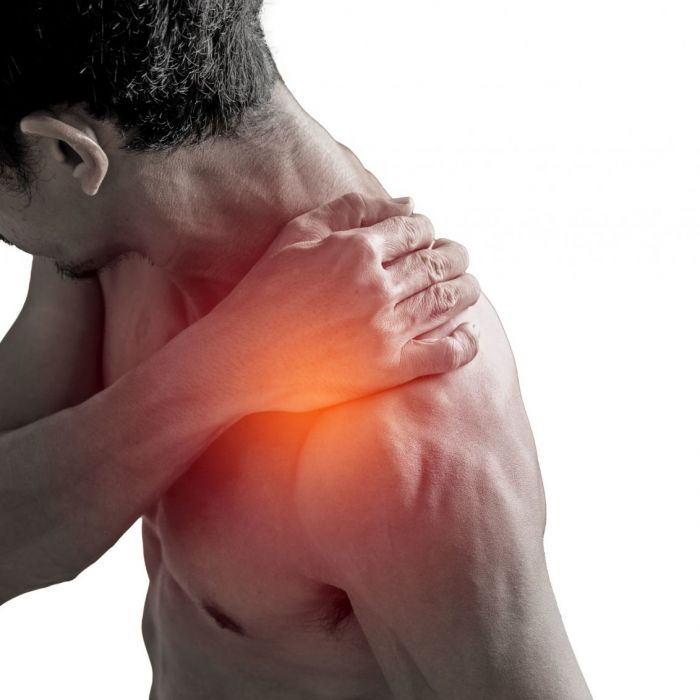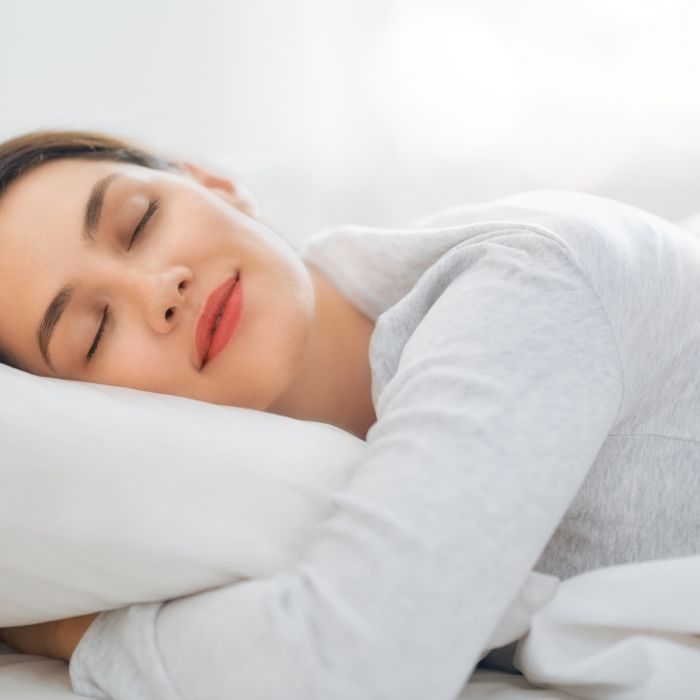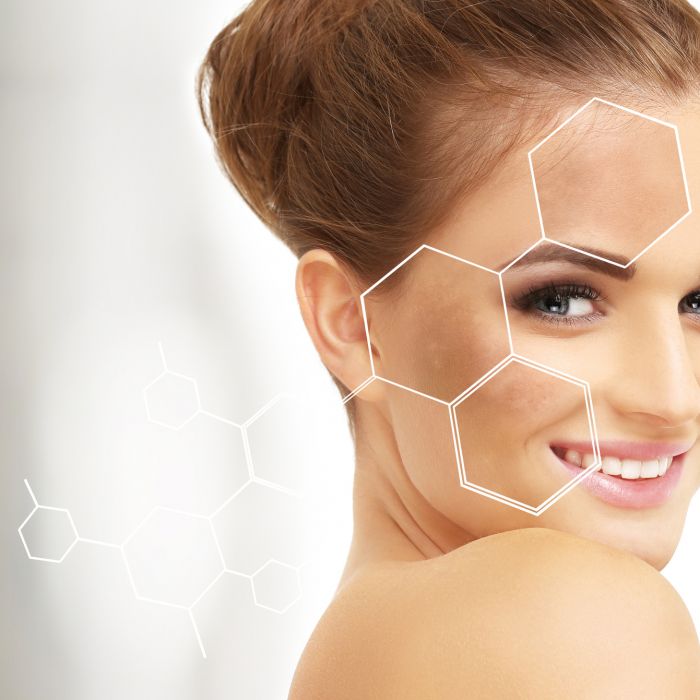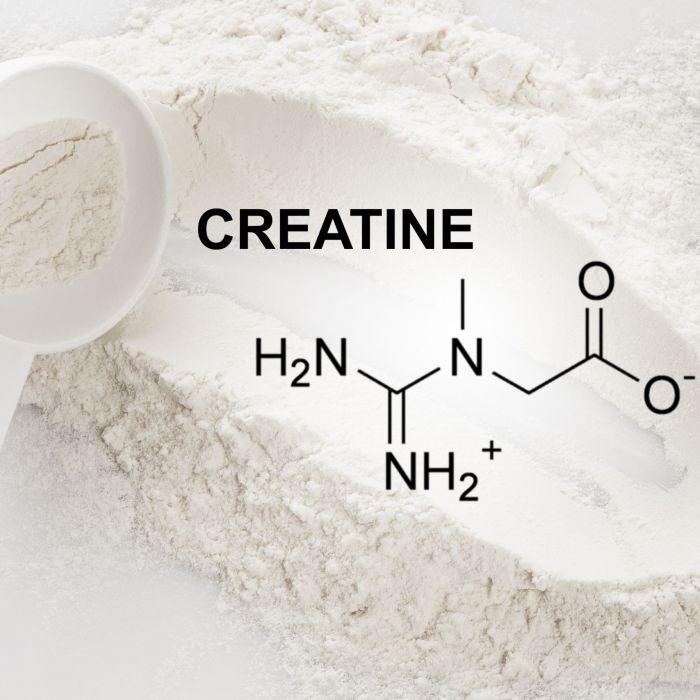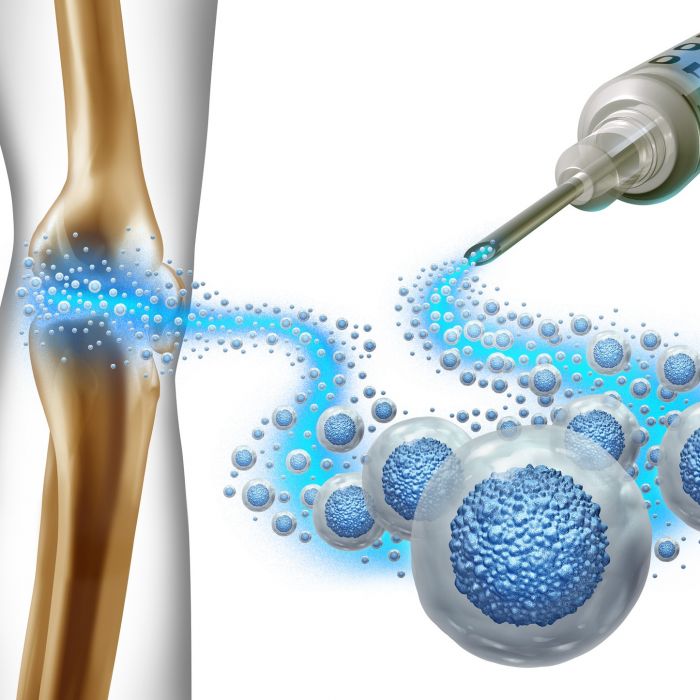Our bodies are an intricate orchestra, with hormones acting as the conductors, coordinating everything from metabolism to mood. As we age, however, the hormonal symphony shifts its tune, leading to changes that affect not only our physical health but also our sexual well-being. Understanding these fluctuations and their impact is crucial for maintaining a fulfilling and healthy life throughout the decades.
Sex Hormones & Their Roles
Both men and women produce sex hormones, although the specific types and their functions differ. In men, testosterone plays a key role in muscle mass, bone density, energy levels, and sex drive. In women, estrogen and progesterone govern the menstrual cycle, fertility, and various aspects of sexual function.
Aging & Hormonal Shifts
With age, our bodies naturally produce less sex hormones. In men, testosterone levels typically decline by about 1% per year after the age of 30. In women, the most significant change occurs during menopause, around the age of 51, when estrogen and progesterone levels plummet sharply.

Sex Hormones & Your Body
These hormonal shifts can trigger a spectrum of changes, some more noticeable than others.
Men:
- Decreased sex drive: Lower testosterone can lead to a diminished interest in sexual activity.
- Erectile dysfunction: This is often linked to reduced blood flow and nerve sensitivity, but testosterone may also play a part.
- Loss of muscle mass and bone density: Testosterone helps maintain muscle and bone strength, and its decline can contribute to weakness and osteoporosis.
- Mood changes: Decreased testosterone can be associated with irritability, fatigue, and decreased motivation.
Women:
- Changes in vaginal tissue: Lower estrogen levels can lead to vaginal dryness, making sex uncomfortable.
- Irregular periods: During perimenopause (the lead-up to menopause), periods become irregular and eventually stop altogether.
- Hot flashes and night sweats: These are common symptoms caused by fluctuating hormones.
- Mood swings: Estrogen also plays a role in mood regulation, and its decline can contribute to anxiety, depression, and irritability.
Self-Care Suggestions
While these changes are common, they are not inevitable. Many factors, such as lifestyle choices, can influence hormonal health and mitigate the impact of aging. Here’s what you can do:
- Maintain a healthy weight: Excess weight can disrupt hormone balance in both men and women.
- Exercise regularly: Physical activity boosts testosterone levels in men and helps manage weight, stress, and mood in both genders.
- Eat a balanced diet: Choose nutrient-rich foods like fruits, vegetables, whole grains, and healthy fats. Limit processed foods, sugary drinks, and excessive red meat.
- Manage stress: Chronic stress can negatively impact hormone production. Engage in activities like yoga, meditation, or spending time in nature to manage stress levels.
- Get enough sleep: Aim for 7-8 hours of quality sleep each night.
- Talk to your doctor: Regular checkups and open communication with your doctor are crucial for monitoring hormone levels and addressing any concerns.
Hormone Therapy
In some cases, hormone therapy may be recommended to manage symptoms and improve quality of life. However, this is a personal decision that should be made in consultation with a qualified healthcare professional after carefully considering the potential risks and benefits.
Aging is a natural process, and changes in sex hormones are part of it. By understanding these changes, making healthy lifestyle choices, and maintaining open communication with your doctor, you can navigate this transition smoothly and continue to enjoy a fulfilling and vibrant life, regardless of your age. For more information contact AgeRejuvenation today to schedule an appointment to discuss your specific concerns and explore your treatment options.



